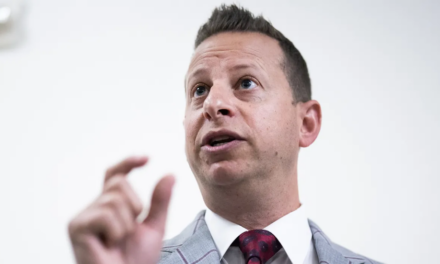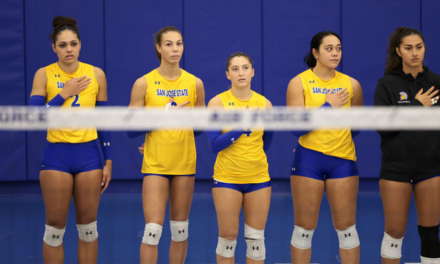We support our Publishers and Content Creators. You can view this story on their website by CLICKING HERE.

Anti-Christian antagonists love to define Christians by what they think Christianity stands against. But Christians must define themselves by what they stand for.
Now is an especially important time to remember this axiom.
As Americans celebrated the Thanksgiving holiday last week, its geopolitical cousins in Britain crossed the Rubicon and embraced death, legalizing so-called “assisted suicide” in England and Wales. Now, Britons over 18 who have been diagnosed with a “terminal illness” and supposedly have fewer than six months to live can receive approval from two physicians and a judge to self-administer fatal drugs.
Supporters of assisted suicide argue it is a compassionate means of ending suffering. One British lawmaker, Peter Prinsley of the Labour Party, claimed in support of the bill, “We are shortening death, not life, for our patients. This is not life or death; this is death or death.”
(Let it not be lost on the reader that this justification serves to lessen the now-deceased’s burden on Britain’s welfare state and its National Health Service.)
The death culture that celebrates “assisted suicide” has succeeded in Western culture because we have eroded, in the view of the Southern Baptist Theological Seminary president Albert Mohler Jr., “moral absolutes [that] rest on explicitly Christian foundations.”
In a world that increasingly prescribes death for the undesirables — the unborn, the sick, the elderly — Christians must hold true to their core value of protecting life.
In this context, the most important moral absolute is that each and every human being is intrinsically valuable because humans are the Imago Dei, created in the image and likeness of God, the author of life.
“A society that honors this foundational truth could not contemplate the subversion of human life and human dignity by assisted suicide. A society that denies this essential truth will eventually rationalize anything, given time and motivation,” Mohler observes.
When the moral absolute of the Imago Dei is discarded, no longer does a terminally ill person have value, and no longer do humans limit the power of giving and taking life to God. In such cultures, the state becomes like God, determining whose live is valuable and whose life is worth preserving.
In 2012, theologian Stanley Hauerwas offered a prediction about Christians and the culture of death that turned out to be extremely prescient.
He said:
I say in a hundred years, if Christians are known as a strange group of people who don’t kill their children and don’t kill the elderly, we will have done a great thing. I mean, that may not sound like much, but I think it is the ultimate politic. I mean, if we can just be a disciplined enough community, who through the worship of God has discovered that we are ready to be hospitable to new life and life that is suffering, then, as a matter of fact, that is a political alternative that otherwise the world will not have.
This, of course, is something that Christians have always done.
Christians cared for the widows and the orphans. Christians cared for the sick. Christians cared for the unwanted children. Christians cared for those whom society deemed as burdens. Christians essentially invented the hospital. Christianity accommodates all human life because every life is inherently valuable.
In a world that increasingly prescribes death for the undesirables — the unborn, the sick, the elderly — Christians must hold true to their core value of protecting life. Put simply: Caring for the vulnerable and protecting life is who Christians are; it’s core to the Christian identity.
Christianity’s institutionalized charity transformed the ancient world, and it can renew ours.
In a culture that celebrates death, Christians must be the strange group of people who stand for life — no matter the cost.
May Christians continue to be — as they have always been — in the words of Hauerwas, “the political alternative” this world otherwise does not have.

 Conservative
Conservative  Search
Search Trending
Trending Current News
Current News 







